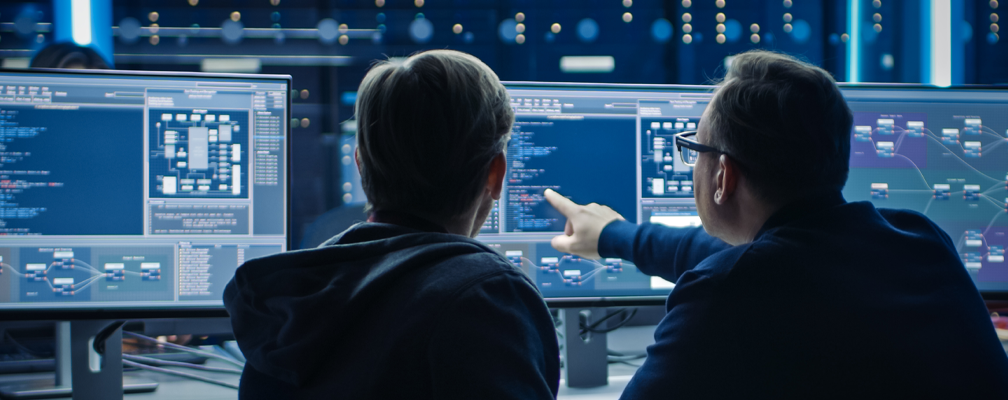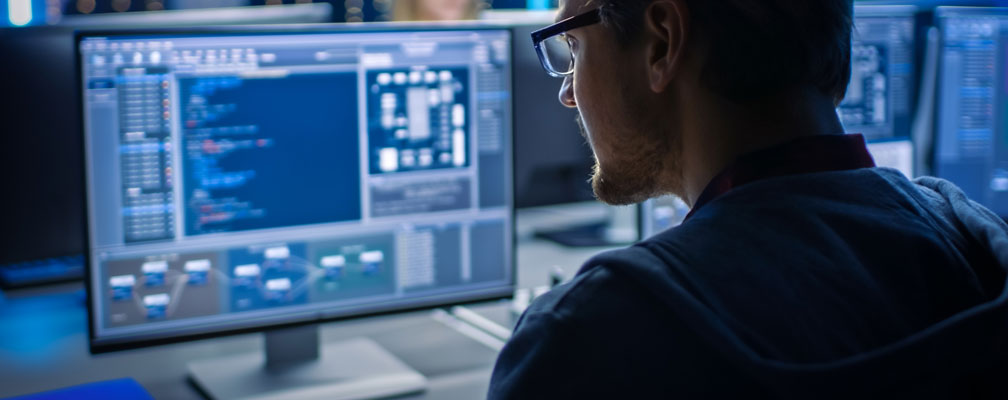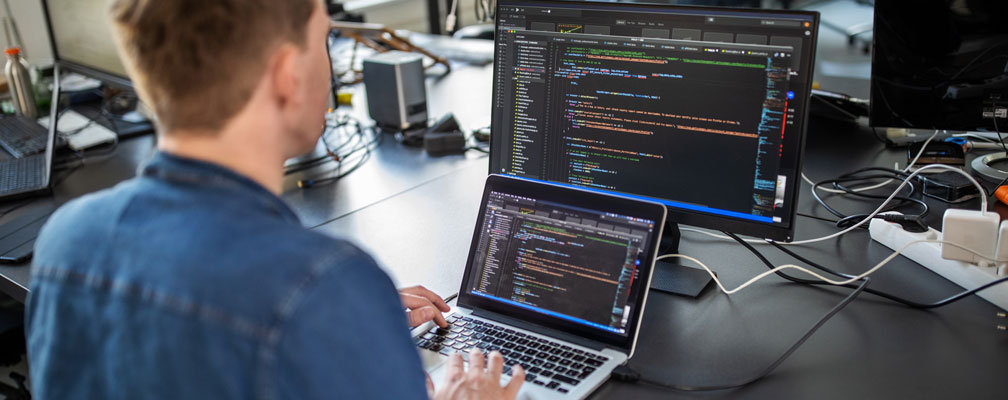
Meeting Legal Client Expectations Regarding Technology
Today’s legal clients demand high-quality service from their attorneys, particularly regarding technology. Using the latest legal technology typically makes an attorney more efficient, accurate and productive, resulting in happier clients and more time to do what they are trained to do: practice law.







